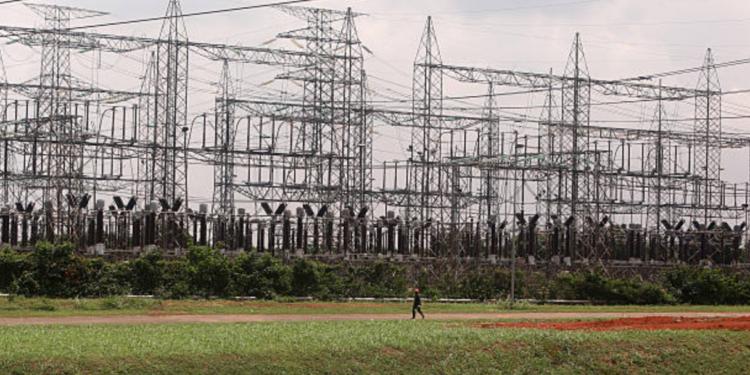The Abuja Electricity Distribution Company (AEDC) on Sunday reported the collapse of Nigeria’s National Grid thereby plunging numerous cities, including the capital Abuja, into darkness.
The AEDC confirmed the collapse happened around 11:21 am on the same day in a post on X (formerly Twitter).
The Disco noted that it is working with relevant stakeholders to ensure electricity is restored across its area and the country.

- It stated, “The Management of Abuja Electricity Distribution Plc (AEDC) wishes to inform its valued customers that the power outage being experienced is a result of a system failure from the national grid at 11:21 hours today, 4th February 2024 which has led to a nationwide power outage.
- “Be rest assured that we are working with the relevant stakeholders to restore power as soon as the grid is stabilized. We appeal for your patience.”
The latest national grid collapse is the first in the year 2024. Last year, the national grid reportedly collapsed three times.
However, in the years between 2017 and 2022, the national grid collapsed 42 times according to the Transmission Company of Nigeria (TCN) as reported by Nairametrics.
Nigeria’s last National grid collapse was around December 11, 2023, when power transmission dropped from 4,032.80 megawatts at about 12 pm to 43 megawatts at 1 pm.
Gas shortage affecting power generation
Last week, the Minister of Power, Bayo Adelabu stated that the sub-optimal performance of the Omotosho and Olorunsogo power stations stems from a shortage of gas supply to the stations. Both plants were reportedly operating around 25% of their total capacity.
The minister noted there is a need for top-level discussions within the ministry to improve gas utilization for power generation.
He stressed that if the government is reluctant to provide funding subsidies, transitioning to a more cost-effective tariff structure would be preferable.
Source: Nairametrics:



